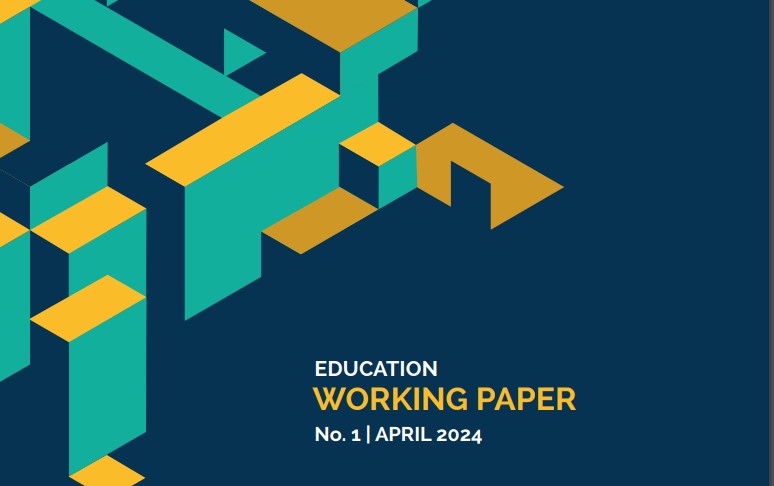
Education: Innovative Financing in Developing Countries
Education is an investment not only in individuals, but in society as a whole.
The development of education systems is crucial for economic growth and poverty reduction. This is stated in a new report by the World Bank (WB). According to experts, each additional year of schooling can increase income by about 10%. Despite the value of education in terms of improving the quality of life of the population, the educational results of schoolchildren are declining - 70% of 10-year-olds are unable to read and understand simple text. Among the main problems is the lack of funding. On average, budget allocations for education amount to 3% to 5% of the gross domestic product (GDP) or 10% to 20% of all government expenditures. Households are forced to cover up to 20% of education costs - 30/40% in developing countries.
To improve the quality of the educational process, it is necessary to increase the volume of funding and improve the efficiency of financial management in the field of education. To attract additional investment, the WB offers the following tools: blended finance, debt swaps for education, government guarantees of investment. projects, skills development levies. To optimize costs, it is proposed to use PPP mechanisms and Social Impact Bonds, provide income-contingent loans and results-based financing.



